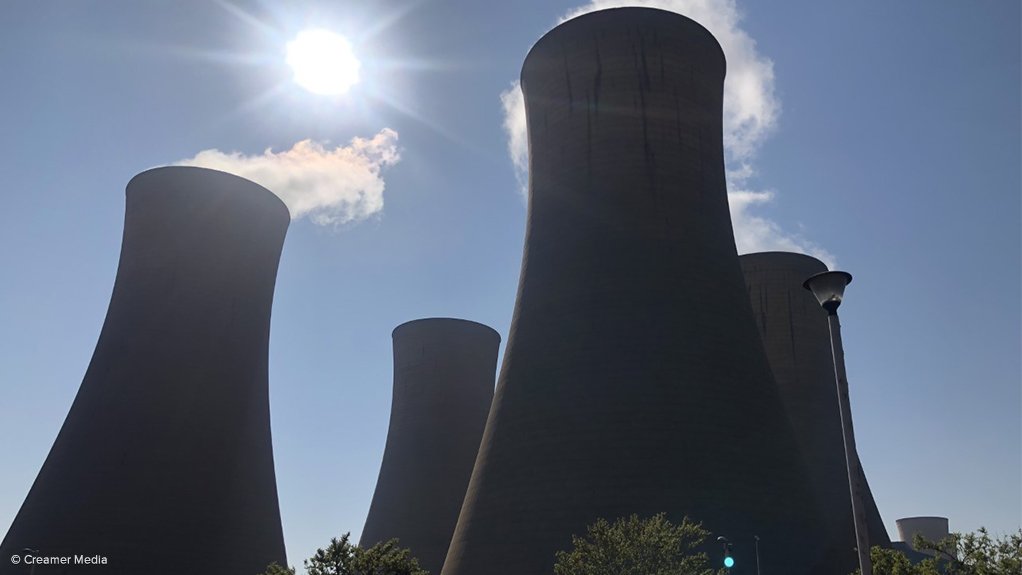Indian power generation company NTPC has signed a memorandum of understanding (MoU) with South African State-owned utility Eskom to exchange knowledge and collaborate on research and development (R&D), among other things.
The signing of the MoU took place at the Matla-Urja Energy Conference, in Johannesburg, on November 28.
Eskom CEO Dan Marokane said NTPC was identified as a collaborative partner owing to its similarity to Eskom in terms of scale and the existing mutually beneficial relationship between India and South Africa.
“The Indian market is a very great market for us to learn from. There are many things that we are going through and will be going through that they have gone through already. So why pay the school fees twice? If you have a good relationship and you can harness insights from their perspective, you want to really grab that, especially when we have a winning partner,” Marokane said.
He said the two utilities would collaborate on various technical aspects, such as engineering capabilities and benchmarking in the area of renewables technologies, which NTPC had already made significant strides in.
The two entities will also collaborate in the areas of co-investments and public-private partnerships.
“We also have some experiences to learn from NTPC insofar as looking after assets that have had quite a number of years [under] their belts and also in the areas of midlife assessments, refurbishments and innovative ways of [implementing] interventions that allow us to have better emissions performance of our fleet. These are the areas that we want to explore,” Marokane said.
He added that the signing of the agreement would enable Eskom to “move with pace” in terms of exploring potential opportunities between the two parties.
“It is within that context that the signing of this agreement today essentially formally puts an action plan in place,” Marokane said.
NTPC executive director Shri Sarangapani noted that the relationship between the two utilities began several months ago, when Eskom sent a team of about 13 engineers to visit NTPC’s operations in India in July.
“Through this MoU, we want to establish a framework where we can exchange knowledge, collaborate from the experiences each one of us has gained, especially with Eskom, which also has a good fleet of coal-fired stations, which NTPC also has,” he said.
Sarangapani said that, although NTPC was moving rapidly towards growing its renewable-energy generation capacity, its experience in coal-fired electricity would prove beneficial in its relationship with Eskom.
“We have huge experience in the coal feet, [in terms of] operating stations and operating practices. [In South Africa,] this is where the energy lies. We will learn something from them, and they will learn something from us,” he said.
Sarangapani noted that the MoU would feature the sharing of operating practices, along with technical collaborations, technical audits and insights into R&D, renovations and fleet modernisation.
“Many of the stations are old, but there is a lot of potential in R&D, and [in the fact] that capacity addition can be created at much less cost [than] a new plant.
We are working towards capacity building [with much of it already] at a working stage,” he explained.
Sarangapani added that the MoU would also pave the way for a one year training programme for Eskom executives, while also facilitating joint R&D activities.
“This MoU will pave a long way in the continued collaboration between these two power majors,” he said.
EMAIL THIS ARTICLE SAVE THIS ARTICLE ARTICLE ENQUIRY
To subscribe email subscriptions@creamermedia.co.za or click here
To advertise email advertising@creamermedia.co.za or click here











